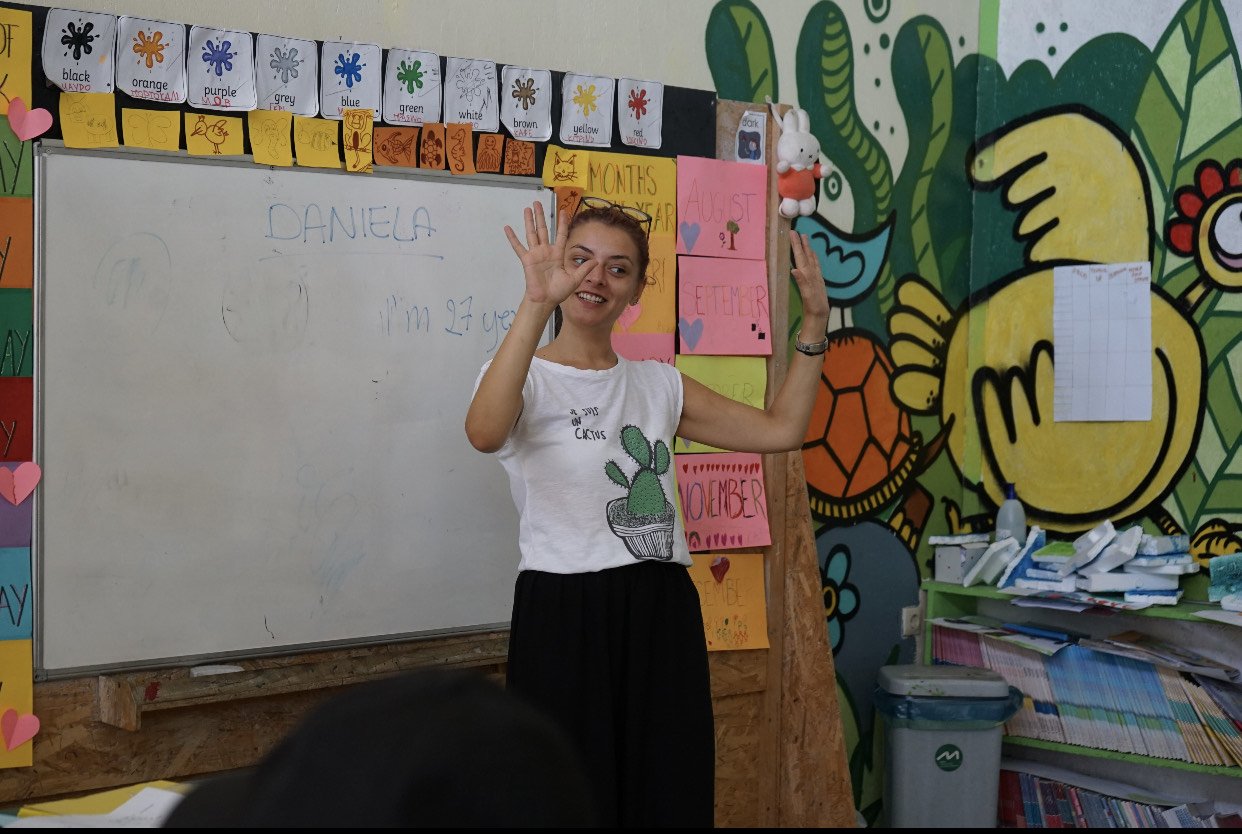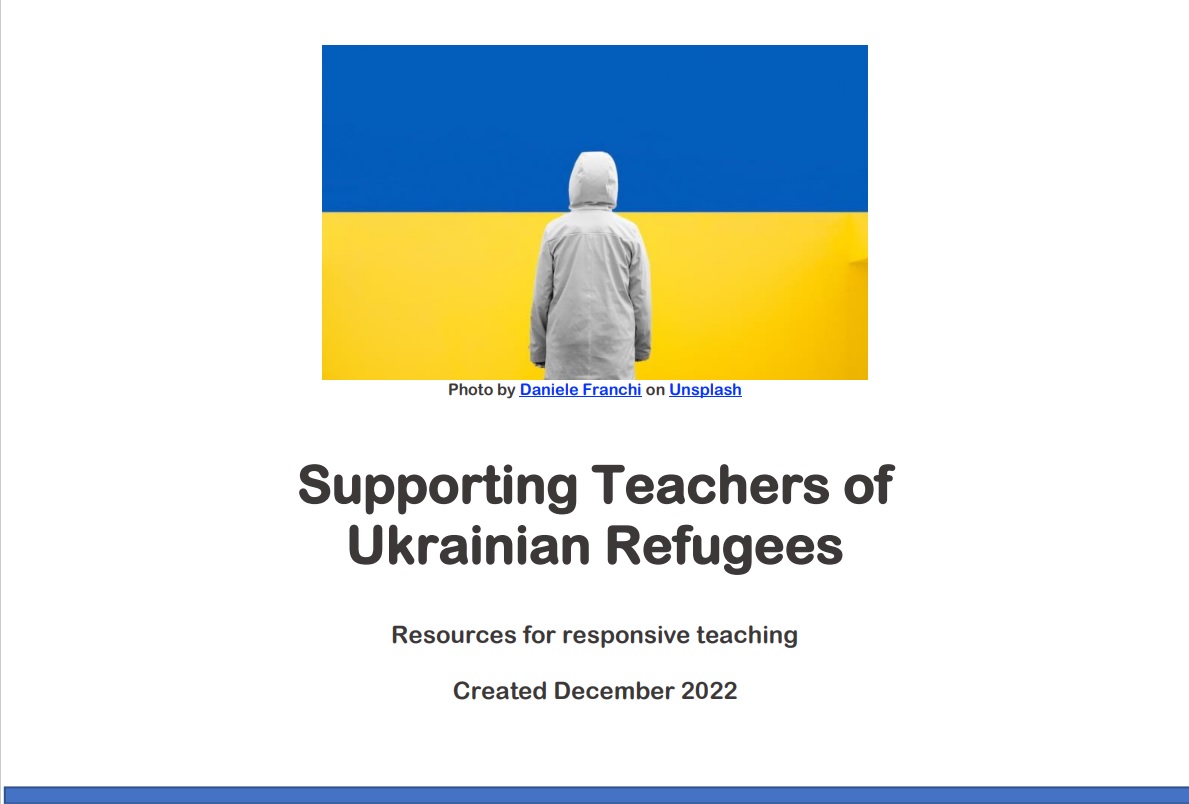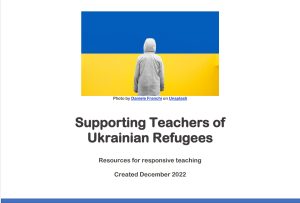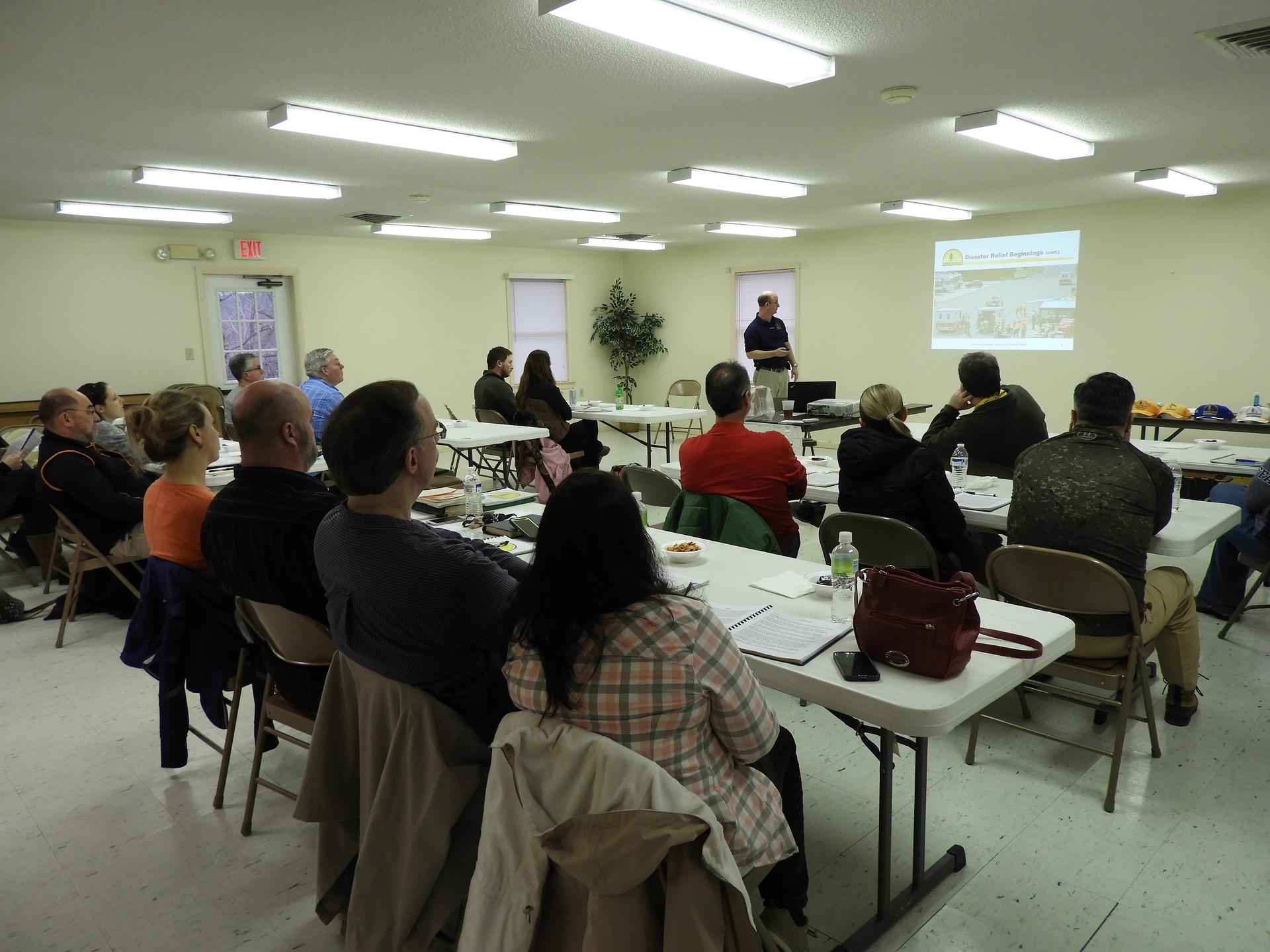English language teachers who want to help their students improve their core skills for the workplace can benefit from the new Employability Skills module from experts at Cambridge University Press & Assessment. The short module has been designed to help improve students’ understanding of the skills they will be expected to know in the workplace.
The module comes with realistic workplace situational videos with interactive and reflection activities and a speaking or writing task for students to complete at the end of each unit. There are also teacher notes, student worksheets, video scripts and glossaries for teachers to use in the classroom.
Read more about this employability skills module here: https://www.cambridgeenglish.org/news/view/new-cambridge-online-module-helps-english-teachers-boost-students-employability-skills/
Image by StartupStockPhotos from Pixabay



 Another output from the VALIANT community at the
Another output from the VALIANT community at the 

